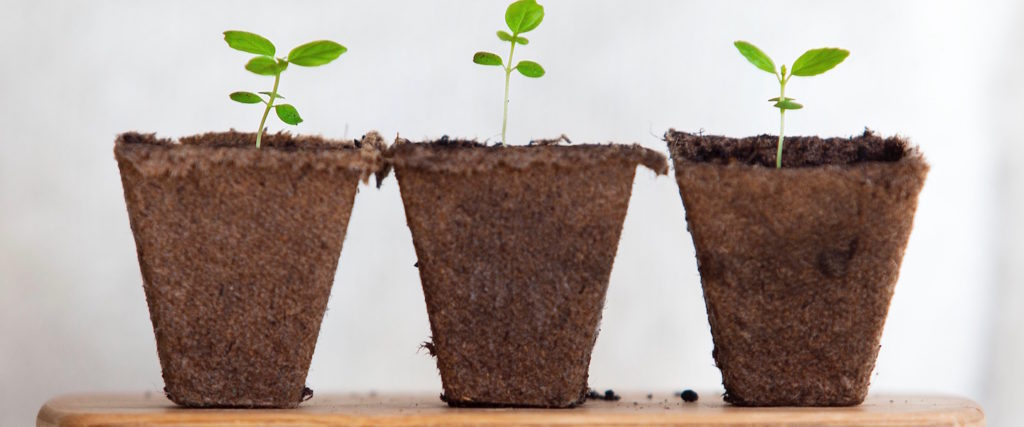Creating of any kind takes you on many wonderful adventures and fills you with such excitement that you want to immediately jump into a new or existing project and just keep going, powering on. Days when ideas flow easily and you know that this is the right path for you.
Equally there can be times when you are filled with self-doubt, paralysed with feelings of inadequacy, unable to come up with the right words or ideas for your project. Times of confusion, frustration, self-loathing, periods when you question why you are dedicating your time to being a creative in whatever forms that takes.
One thing that helps get me through such times and subsequent challenges is practicing self-compassion – the art of being kind to me, of treating myself as I would a valued and close friend when they are having a hard time.
“Self-compassion is extending compassion to one’s self in instances of perceived inadequacy, failure, or general suffering.”
Dr Kristin Neff [1] at the University of Texas at Austin, a world-renowned expert is this area, breaks self-compassion into three main components:
1. Self-kindness – looking after yourself and refraining from self criticism when experiencing challenges and personal shortcomings.
2. Common humanity – understanding that you are not the only one experiencing such feelings or undergoing a challenging time, that suffering and personal failure is part of being human; and
3. Mindfulness – getting in touch with your thoughts and emotions, learning to understand yourself, and then not “over-identifying” or suppressing these states.
Dr Neff has developed both a scale by which to measure self-compassion, and a series of exercises and meditations [2] to bring more of it into our lives. Tara Brach’s short meditation is also helpful. [3]
The things I find most helpful when being kind to myself whilst creating are to:
Change my language – words have an impact so I take notice of my language and stop using harsh words when I speak about myself to others, when I speak to myself.
Challenge my inner critic – notice when I am being self-critical – the words, the tone, the key phrases – and reframe the observations to be supportive rather than critical of my endeavours.
Meditate – and calm myself down, get in touch with my thoughts and feelings, and get myself back on track.
Accept – that I am not perfect, not always “on” with my ideas generation, my concentration, and my commitment to the task at hand.
Stop pushing – for the creative process to move faster and to accept that it has it’s own timeframe; it cannot be rushed.
Developing and practising self-compassion has been helpful because it has allowed me to increase my self-belief, to become my own “backing band”. I have stopped worrying about getting things right immediately, learnt to trust that I have the resources and that eventually everything will be OK once I re-align myself. Importantly I know a lot more about myself, always a good thing, and how and why I create – or not!!!
Employing self-compassion is one nice way to support yourself when you are creating. Give it a try.
Coaching can assist you to explore ways to bring self-compassion into your creative life. Please get in touch if you would like to explore these ideas in more detail.
[1] Neff, K. D. (2003a). “The development and validation of a scale to measure self-compassion”. Self and Identity. 2 (3): 223–250
[2] Kristin Neff, Associate Professor Human Development and Culture, Educational Psychology Department, University of Texas Austin and author – www.self-compassion.org
{3] Tara Brach – meditation teacher, author and founder of the Insight Meditation Community of Washington, DC – www.tarabrach.com/meditation-the-rain-of-self-compassion/
